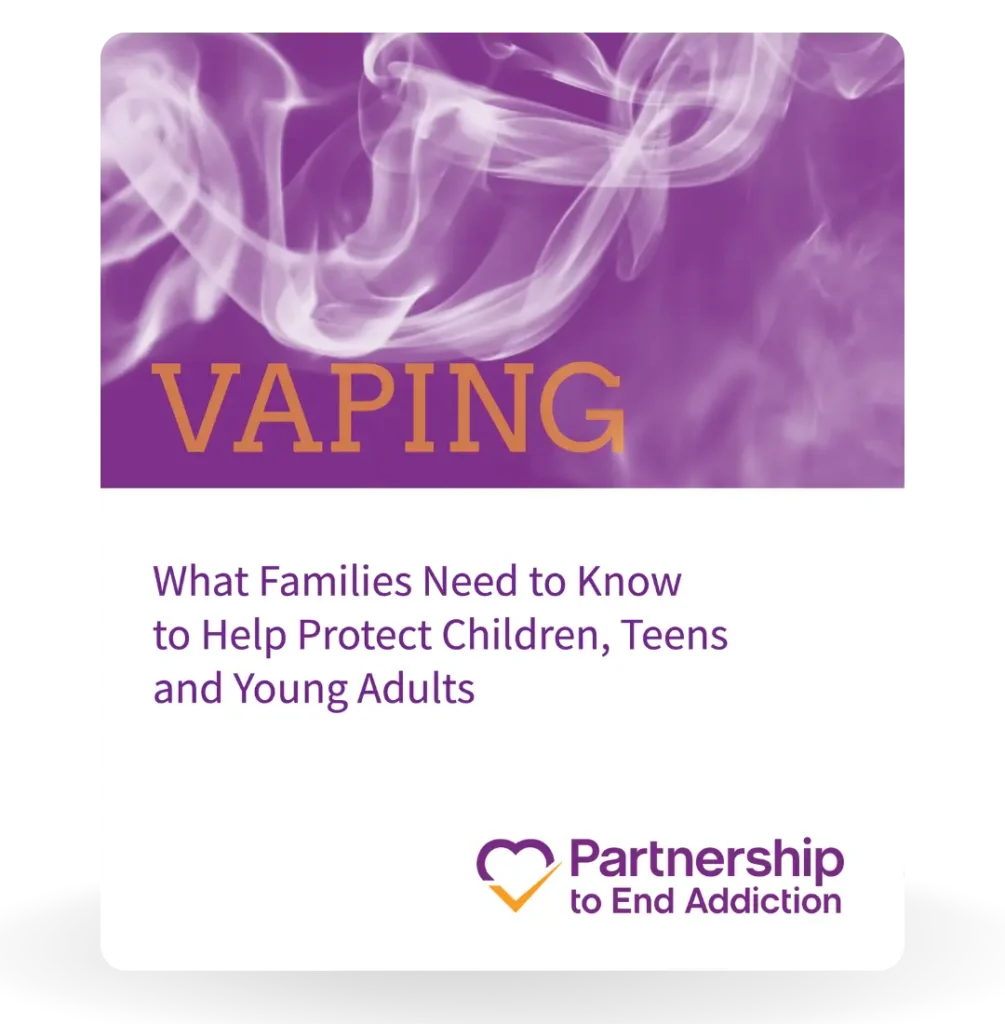Vaping Prevention
& Education
Resources for teens and parents to learn more about the impact of vaping nicotine.

What is Vaping?
Vaping refers to inhaling and exhaling aerosol, or vapor, produced by an electronic cigarette (e-cigarette) or similar device. These devices contain nicotine, flavorings, and other chemicals. Some vaping products may contain marijuana or THC. Despite its growing popularity among teenagers and young adults, it is now widely acknowledged that vaping is unhealthy and dangerous.
“According to the Michigan Profile for Healthy Youth survey, conducted in local SUDDs school districts, 14.4% of high school students used and electronic vapor product in the past 30 days compared to 0.7% of those who smoked cigarettes.”
– Michigan Department of Education
The Dangers of Vaping
Vapes contain nicotine, which can lead to addiction and harm brain development.
The inhalation of e-cigarettes can cause respiratory issues and long-term lung damage, with immediate effects including coughing, headaches, and vomiting.
Beyond the physical health implications, vaping can exacerbate stress, anxiety, and depression. It may also affect attention, learning, and impulse control in teens, disrupting their academic success and social lives.
Vaping FAQs
Is vaping safer than smoking traditional cigarettes?
While vaping is often marketed as a safer alternative to smoking, it is not without risks. E-cigarette aerosol contains harmful chemicals that can damage the lungs and lead to addiction.
Can vaping help me quit smoking?
While some adults may use vaping as a cessation aid, it is not recommended for teens or non-smokers. Additionally, there is limited evidence supporting the effectiveness of vaping as a smoking cessation tool.
Do all e-cigarettes contain nicotine?
Yes, even products labeled as “nicotine-free” may still contain trace amounts of nicotine or other harmful chemicals.
How can I get help to quit vaping?
Start by consulting your healthcare provider for personalized guidance and explore free or low-cost cessation programs. Utilize online resources and lean on your friends and family for support. Stay motivated, celebrate your progress, and remember that quitting vaping is a journey worth pursuing for you future self.
Can vaping help my stress & anxiety?
Yes, vaping can contribute to stress and anxiety, despite some individuals using it as a means to alleviate these symptoms. While some people may initially turn to vaping to manage stress or anxiety, the use of nicotine-containing e-cigarettes can actually exacerbate these conditions over time.
How can I talk to my teen about the dangers of vaping?
Start by educating yourself about the risks and facts surrounding vaping, then initiate an open and non-judgmental conversation with your teen. Focus on listening to their thoughts and concerns, providing factual information, and expressing your support in helping them make healthy choices. Encourage ongoing dialogue and offer support if they want to quit or need help finding resources.
Can vaping lead to long-term health problems?
Yes, vaping has been linked to various long-term health problems, including respiratory issues, heart disease, and potential effects on brain development, especially in adolescents. While the full extent of vaping’s long-term health effects is still being studied, evidence suggests that prolonged use can have serious consequences for overall health.

Resources for Parents

How to Quit Vaping
Explore resources for quitting and contact information for local cessation programs and support services
- Quit Resources | Community in Crisis
- Smoking and Vaping Cessation Resources | Community Health Agency

SUDDs is committed to building healthier communities in Downriver, Michigan by empowering our youth to make informed choices. We encourage you to share the information and resources you’ve discovered here with others. If you have any questions or need further assistance, please don’t hesitate to reach out to us.
